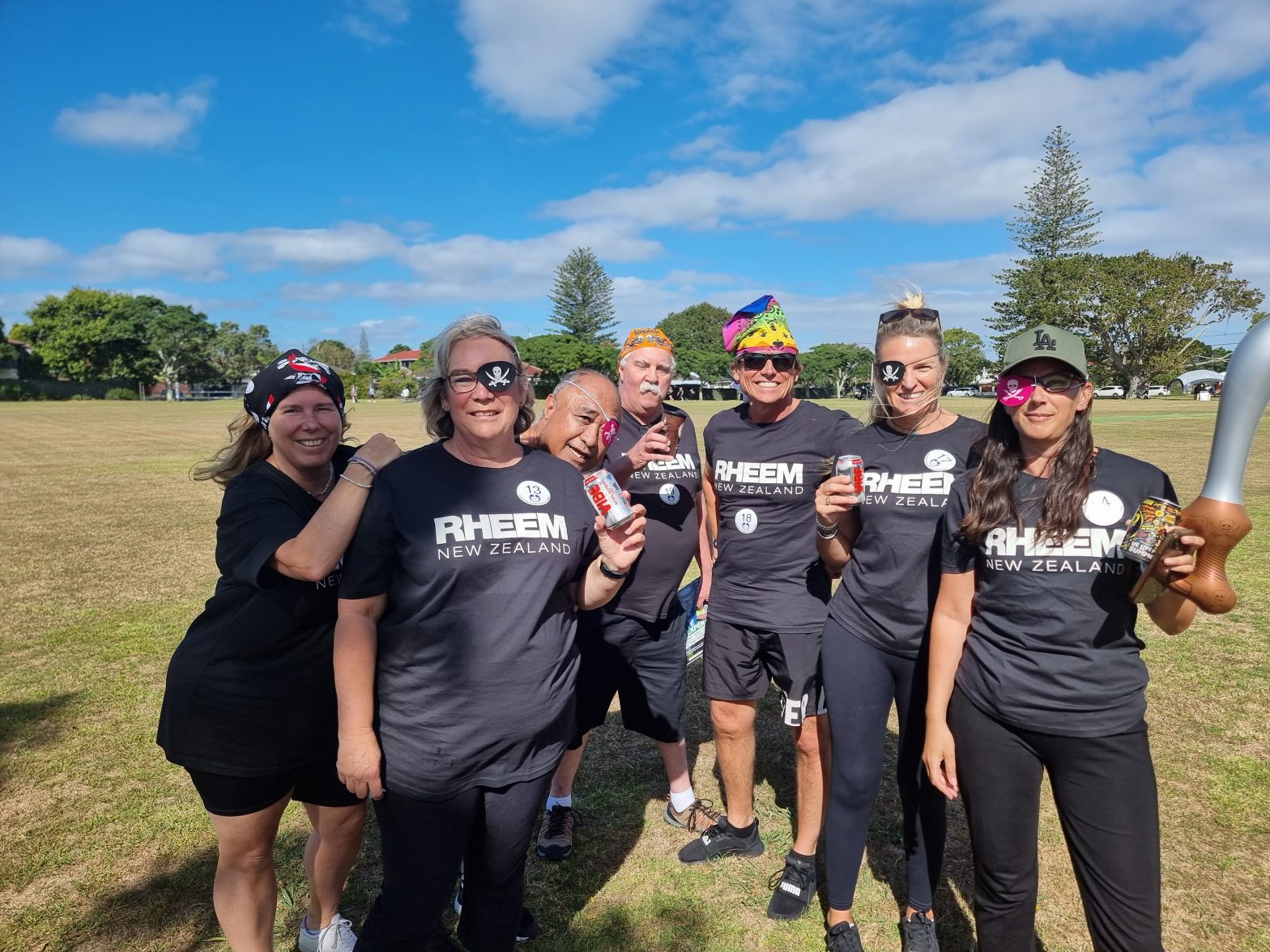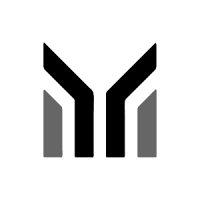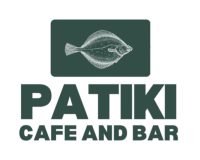
It sits there quietly in your home, tucked away in a closet, one of the most important appliances in any household. In days past, it might have warmed your folded towels or helped to dry out a pair of rugby boots, although progress has transformed it into one of the most efficient products on the market when it comes to heat loss. Your hot water heater is an appliance that you usually never need think about – unless, of course, something goes wrong (a swift way to discover that cold showers are a step too far in your daily wellness routine).
Critically important is installing a quality product from an industry leader in both reliability and innovation. Rheem, whose main New Zealand manufacturing plant sits on Rosebank Road, is proud to fit the bill.
“Most of the products we sell in New Zealand are designed and manufactured here,” says General Manager Mark McCutcheon, describing just part of what makes the 99-year-old company special. “We feel like we can understand customers’ needs and design solutions for them, which is quite exciting. To have engineering, manufacturing, and operations all here – that’s quite cool.”
Rheem, a global business founded by two American brothers in 1925, has been a trusted name in water heating since its arrival on our shores in 1958. Known for manufacturing quality hot water cylinders, the company has a lot more to offer than consumers may realise, including boiling water units and cutting-edge solar photovoltaic (PV) panels and systems. Rheem is at the forefront of energy-efficient technology using heat pump technology to heat hot water, and they’re the only manufacturer of vitreous enamel products in New Zealand, a glass coating that protects the hot water cylinder from all manner of water quality damage, lengthening its lifespan.
“We’re innovating all the time,” says Mark. “Hot water cylinders are appliances consumers often don’t give too much thought to – they just work away quietly in the background – and it’s easy to assume they are the same today as they have always been. But if you look at what we’re doing around solar PV, heat pumps, and the ideas we have around the standard hot water cylinder, we’re always innovating to try to move things forward.”
Mark is dedicated to upholding Rheem’s sterling reputation, something he knows can crumble if not maintained. A strong customer focus is key, he says, and in the hot water industry, that means giving the tradies some TLC.
“Hot water cylinders are a low-touch product – an appliance that the consumer doesn’t interact with often – so the tradesperson is very influential in making the brand choice,” he says. “Quality is really important, as well as longevity, reliability, ease of installation, and good product backup and support around warranties. Because plumbers install things in a certain way, once they get to know a product, they will buy it again and again, as long as you look after them.”
Rheem partners with Master Plumbers to facilitate the certification of new tradies entering the industry via the Masterlink apprenticeship placement programme, and they have their own in-house training facility, running online courses and an ongoing face-to-face programme to train and upskill plumbers. “As leaders in the plumbing and gas fitting industry,” Mark says, “we also support the National Association of Women in Construction, and we’re partners of the Apprenticeship Training Trust and a number of other organisations as well.”
Behind the scenes at Rheem, the brand’s innovation focus is supported by a culture of continuous improvement. “We’re always trying to improve things,” says Operations Manager Patrick Troute. Patrick oversees production, quality, health and safety, supply chain, and engineering at Rheem’s Avondale plant and at their satellite plant in Christchurch. “I drive a lot of cost-down projects. Many of the engineers we hire are degree qualified and quite practical, so we can do most of the design in house, since a lot of the equipment we fabricate is quite bespoke. That being said, we’re also going outside the business to invest in new machines with the latest technology.”
Originally from Ireland, Patrick never intended to build a career at Rheem when he came on board in his late 20s. (“When I came over here [to New Zealand], it was only going to be for six months. I was going to get married, then I had a really good job lined up in Dublin.”) But thanks to the company’s willingness to grow – and the creative freedom given to their engineers – he worked his way up over the past three decades. “Working for Rheem, the managers and the people working above you are so down to earth and they care about you – you’re not just a number,” he says. “Rheem cares – they’re a caring company, and they’re honest and they respect you.”
Mark agrees, and he says the team culture is most like a family. “I know every business says that, but it’s true at Rheem,” he says. “There’s an appreciation for people. There are lots and lots of people who have been here a long time – some as long as 35 and 45 years – and everyone looks after each other. On the other side, we’re like a sports team in that we have a strategy and it rolls down into goals and objectives… but it’s got a bit of a soft edge to it, because everyone’s trying their best.”
The business is proud to give back to the community, too, including passionate support for conservation organisation Save the Kiwi. “At its peak, there were millions of kiwi in New Zealand,” says Mark, “and now there’s something like 68,000 at the last official count because of the number of roaming cats and dogs. The birth rate from eggs to hatchlings is very small in the wild; the male kiwi incubates the egg, and if a cat or dog comes near, he will run away and the egg gets eaten. Save the Kiwi has taken the initiative to make sure it doesn’t ever get to the point where kiwi are in danger of becoming extinct.”
Rheem’s commitment to sustainability extends to its own practices, with a three-prong sustainability programme in place to reduce the brand’s carbon footprint and increase the energy efficiency of their products. Both Mark and Patrick look forward to their product innovations taking centre stage in the coming year as more consumers learn about and adopt solar PV panels and hot water heat pumps.
“We’re often seen to represent quality, reliability and trustworthiness,” says Mark, “and we are all of those things – and we’re innovators, too.”
For more information about Rheem and their product range, visit www.rheem.co.nz
Roundabout Magazine
This article was published in Roundabout Magazine Issue 205 (March 2024).











